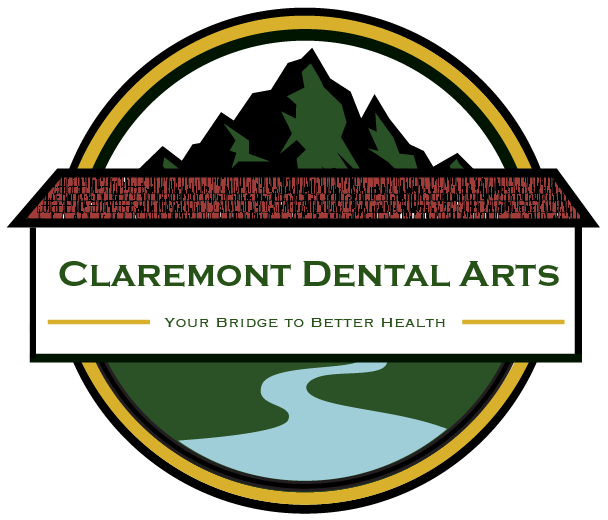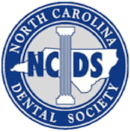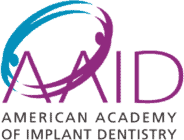
Oral health goes a bit beyond brushing and flossing–although those are foundational to healthy teeth and gums! Oral health means taking the steps to ensure that all aspects of your mouth, lips, gums, and teeth are as healthy and well-cared for as they can be for a lifetime. One of the most prominent threats to oral health is oral cancer, here defined as any cancer of the oral cavity. While there are a wide variety of types of oral cancer and the exact causes of oral cancer are not fully understood, there are some steps we can all take to limit our chances of contracting such a disease. Let’s take a look at some tips for preventing oral cancer.
It’s helpful, to begin with, a basic understanding of what oral cancer is and how it works. Oral cancer is again any cancer of the oral cavity, and there are a number of key facts and risk factors about oral cancer we should all know:
- Men are for the most part twice as likely to be diagnosed with oral cancer as women.
- While older patients are more likely to develop oral cancer, the number of patients under 50 years old has been steadily increasing.
- Oral cancers can occur at any age, with a growing number of patients in their 20s and 30s.
- Following the first encounter with oral cancer, patients have a higher risk of developing a second, related cancer. That increased risk can last for 5 to 10 years.
- The biopsy is the only way to properly diagnose oral and oropharyngeal tumors and lesions.
- There are a wide variety of types of oral cancer, and each type has different causes and treatments.
- Patients on immunosuppression medications — typically those who had an organ transplant — have an increased risk of head and neck cancer.
This is serious stuff, but don’t be alarmed: oral cancer is just one of many potential health problems we should be aware of, and the point of learning about oral cancer isn’t fear but action. There are some steps we can all take to reduce our chance of developing oral cancer during our lifetimes:
- Avoiding tobacco use is probably the single most important step in avoiding oral cancer. The link between tobacco use in any form and oral cancer is well-established and well-researched. Avoid tobacco and if you are a tobacco user, it’s time to change that habit. Your health depends on it.
- Limiting alcohol use is another critical step in reducing the risk of oral cancer. While the connection between alcohol and oral cancer is not as strong as that between tobacco and oral cancer, regular alcohol users have a significantly increased risk of developing oral cancer. If you do drink, keep it to one or two a day at most.
- Get vaccinated! Some cancers are linked to other diseases, particularly viral diseases, and include some kinds of oral cancer. Human Papillomavirus, or HPV, has been linked to some forms of oral cancer. By getting vaccinated early, you can reduce your odds of both HPV and oral cancer.
- As always, maintaining good oral hygiene is a must in helping limit your odds of developing oral cancer. Regular brushing and flossing, combined with a good diet and trips to the dentist for exams and cleanings, can help prevent many oral health issues including oral cancer. Checking for signs of oral cancer is part of the exam your dentist performs, and early detection is vital for successful treatment.
Oral cancer isn’t something to fear, but rather something to develop a healthy awareness of and something we should all take steps to mitigate. By following these tips for preventing oral cancer, and having regular conversations with your dentist about your oral health, you can go a long way to reducing your chance of dealing with this set of diseases. For more information, please contact us. We would be happy to help you.




